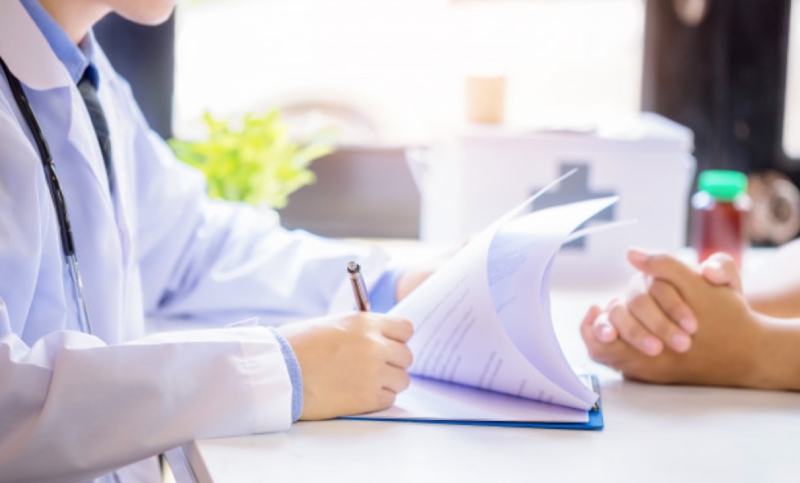
A transurethral resection of the prostate – or TURP – is an operation on an enlarged prostate, which can make it difficult for men to urinate.
A transurethral resection of the prostate – commonly abbreviated as TURP – is an operation on the prostate gland for men who are having trouble urinating due to enlargement of the prostate gland.
This article will cover what prostate is, the process of the procedure, and other relevant information regarding the surgery.

What Is The Prostate?
The prostate gland is an integral part of the male reproductive system. Located deep inside the groin, the prostate is rubbery in texture and approximately the size of a ping-pong ball. Its main role is to produce the fluid that carries and protects sperm. It is located in the lower abdomen in men only.
As men get older, the prostate can enlarge, which can place pressure on your bladder and urethra, the tube which allows urine to exit your body. The pressure can result in restricted flow of urine to the urethra, leading to poor flow or the inability to void the bladder of urine completely.
It may also increase the frequency and urgency of urination – this can be particularly uncomfortable at night, where multiple trips to the bathroom may be needed.
Procedure
A TURP aims to remove the blockage to relieve these symptoms. This is done by inserting an instrument called a resectoscope into the eye of the penis and through the urethra to get a visual of the prostate tissue and the lining of the bladder. Using the resectoscope, the urologist can trim away enlarged lobes of the prostate. The capsule of the prostate is left intact.
After the procedure, a catheter is inserted into the urethra to drain any urine; this may remain in place for a day or two after surgery. During this time, irrigation fluid is administered to help flush out any remaining tissue and blood clots. The whole procedure takes around an hour to complete.
Before the procedure patients are usually given a general anaesthetic; however, spinal anaesthesia is also possible. Your anaesthetist and urologist will discuss this with you.

Recovery
After a TURP, patients are usually required to stay in hospital for one to two days. During this time, a catheter is necessary because the swelling caused by the procedure blocks the flow of urine. This is required for a day or two or until the swelling goes down.
During recovery, patients are advised to drink lots of water to help flush out the bladder. Blood commonly remains in the urine for 2-3 weeks. Foods that are high in fibre are also recommended to ease the strain on the bowels.
Heavy lifting is discouraged for four to six weeks. Driving is discouraged until prescription pain medication no longer needs to be taken. Patients are also advised to abstain from sex for two to three weeks.
Risks and Side Effects
There are a few risks involved with TURP, as with any surgical procedure, including bleeding and infection at the surgical site. Side effects include temporary trouble urinating as the swelling reduces, erectile dysfunction and incontinence.
However, these side effects are quite rare. Urgency or the need to run to the toilet is usually present for a few weeks and takes time to settle. Most patients will not ejaculate properly after this procedure, and this is irreversible. Hence, the procedure is not recommended for younger men.
Book an appointment with Urology Specialist today
During his two year fellowship, Dr Arianayagam spent a significant amount of time under the tutelage of Dr Murugesan Manoharan, Professor of Urology and Program Director at the Department of Urology of the University of Miami Miller School of Medicine.
While he is primarily a urological cancer surgeon, Dr Arianayagam also sees patients with more general urological problems and commonly practices transurethral resection of the prostate.
If you have any questions about testicular pain, or would like to book an appointment, please feel free to contact or call Dr Arianayagam’s office on 1300 307 990, and his staff will be happy to assist.
Interested in learning more about urological health? Check out some of our other blog posts:
What Are the Most Common causes of Chronic Testicular Pain?
8 Probable Causes of Erectile Dysfunction
Causes And Conditions Of Cloudy Urine

